The Lowell Institute (est. 1836) is an educational foundation in Boston, Massachusetts, United States, providing for free public lectures, and endowed by the bequest of $237,000 left by John Lowell, Jr., who died in 1836. [1] The Institute had an unusual mode of governance: a single trustee who was empowered to appoint his successor and who was, in the language of Lowell's will, "always choose in preference to all others some male descendant of my grandfather, John Lowell, provided there be one who is competent to hold the office of trustee, and of the name of Lowell".
Having been extremely successful for more than a century, audiences for Lowell Institute began to wane, and the newly appointed Trustee, Ralph Lowell, in co-operation with Harvard President James B. Conant founded the public radio station WGBH Boston in hopes of reaching larger audiences. WGBH Boston evolved under Ralph Lowell's, and Lowell's son John's, direction to become what it is today.

WGBH-TV, branded GBH or GBH 2 since 2020, is the primary PBS member television station in Boston, Massachusetts, United States.

The Boston Brahmins, or Boston elite, are members of Boston's historic upper class. From the late 19th century through the mid-20th century, they were often associated with a cultivated New England accent, Harvard University, Anglicanism, and traditional British-American customs and clothing. Descendants of the earliest English colonists are typically considered to be the most representative of the Boston Brahmins. They are considered White Anglo-Saxon Protestants (WASPs).

Abbott Lawrence Lowell was an American educator and legal scholar. He was President of Harvard University from 1909 to 1933.
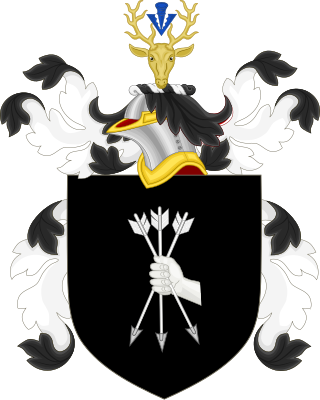
The Lowell family is one of the Boston Brahmin families of New England, known for both intellectual and commercial achievements.
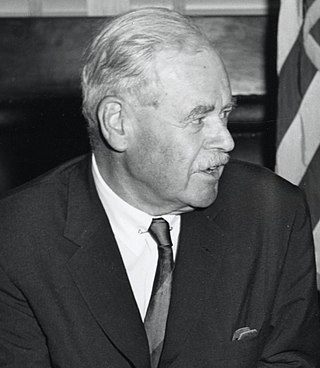
Major Ralph Lowell was a World War I veteran, banker, and philanthropist from Boston.

Augustus Lowell was a wealthy Massachusetts industrialist, philanthropist, horticulturist, and civic leader. A member of the Brahmin Lowell family, he was born in Boston to John Amory Lowell and his second wife Elizabeth Cabot Putnam. His great-grandfather, John Lowell, was among the first Judges for the newly created federal courts, appointed by Presidents George Washington and John Adams. Augustus' elder brother, Judge John Lowell, would be appointed to hold the same seats held by their great-grandfather, by Presidents Abraham Lincoln and Rutherford Hayes.

The Boston Associates were a loosely linked group of investors in 19th-century New England. They included Nathan Appleton, Patrick Tracy Jackson, Abbott Lawrence, and Amos Lawrence. Often related directly or through marriage, they were based in Boston, Massachusetts. The term "Boston Associates" was coined by historian and professor of economics and Marxism, Vera Shlakman in her 1935 work, Economic History of a Factory Town, A Study of Chicopee, Massachusetts.
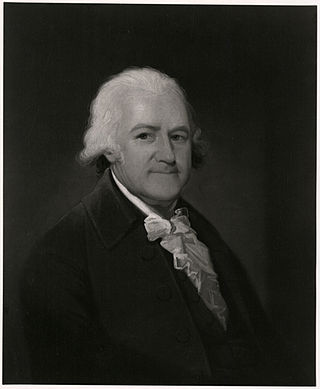
John Lowell was a delegate to the Congress of the Confederation, a judge of the Court of Appeals in Cases of Capture under the Articles of Confederation, a United States district judge of the United States District Court for the District of Massachusetts and a United States circuit judge of the United States Circuit Court for the First Circuit.
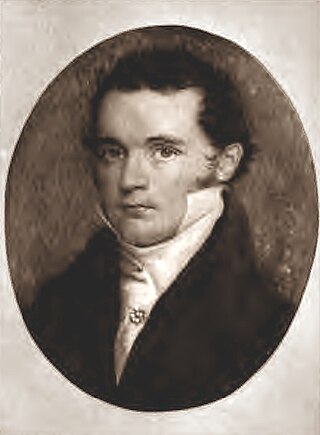
John Lowell Jr. was an American businessman, early philanthropist, and through his will, founder of the Lowell Institute.

William Thompson Sedgwick was a teacher, epidemiologist, bacteriologist, and a key figure in shaping public health in the United States. He was president of many scientific and professional organizations during his lifetime, including president of the American Public Health Association in 1915. He was one of three founders of the joint MIT-Harvard School of Public Health in 1913.
The Lowell Institute is a United States educational foundation located in Boston, Massachusetts, providing both free public lectures, and also advanced lectures. It was endowed by a bequest of $250,000 left by John Lowell Jr., who died in 1836. The Institute began work in the winter of 1839/40, and an inaugural lecture was given on December 31, 1839, by Edward Everett.
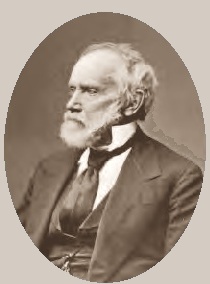
John Amory Lowell was an American businessman and philanthropist from Boston. He became the sole trustee of the Lowell Institute when his first cousin, John Lowell Jr. (1799–1836), the Institute's endower, died.

The WGBH Educational Foundation, doing business as GBH since August 2020, is an American public broadcasting group based in Boston, Massachusetts. Established in 1951, it holds the licenses to all of the PBS member stations in Massachusetts, and operates its flagship station WGBH-TV, sister station WGBX-TV, and a group of NPR member stations in the state. It also owns WGBY-TV in Springfield, which is operated by New England Public Media under a program service agreement.
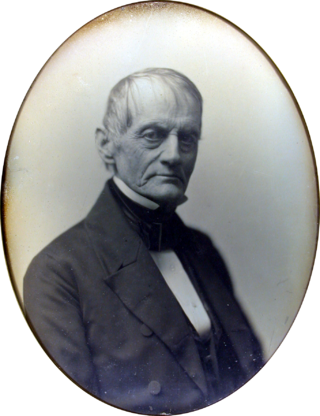
William Appleton was an American businessman and politician from Massachusetts. He was a trader, shipowner, and banker, and served as a U.S. representative from Massachusetts from 1851 to 1855, and again from 1861 to 1862.
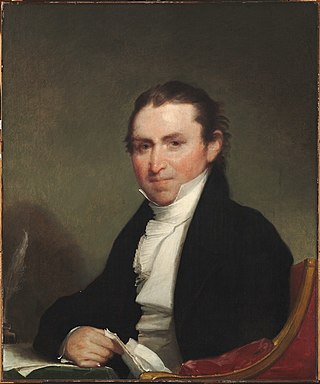
John Lowell Jr. was an American lawyer and influential member of the Federalist Party in the early days of the United States of America.
John Lowell (1743–1802), also known as The Old Judge, was a U.S. Federal Judge appointed by George Washington

The Union Club of Boston, founded in 1863, is one of the oldest gentlemen's clubs in the United States. It is located on Beacon Hill, adjacent to the Massachusetts State House. The clubhouse at No. 7 and No. 8 Park Street was originally the homes of John Amory Lowell (#7), and Abbott Lawrence (#8). The houses were built c.1830-40, and they were remodeled for club use in 1896. The clubhouse overlooks the Boston Common, and has views of the Common itself, Boston's Back Bay neighborhood, and the hills to the west of the city.
Amory Hall was located on the corner of Washington Street and West Street in Boston, Massachusetts, in the 19th century. Myriad activities took place in the rental hall, including sermons; lectures by Henry David Thoreau, Ralph Waldo Emerson, William Lloyd Garrison; political meetings; exhibitions by Rembrandt Peale, George Catlin, John Banvard; moving panoramas; magic shows; concerts; and curiosities such as the "Nova Scotia Giant Boy."

Lowell is a surname, see "Lowell family" for name origin. Notable people with the surname include:
The history of the Harvard Extension School dates back to its founding in 1910 by Abbott Lawrence Lowell. From the beginning, the Harvard Extension School was designed to serve the educational interests and needs of the greater Boston community, but has since extended its academic resources to the public, locally, nationally, and internationally.